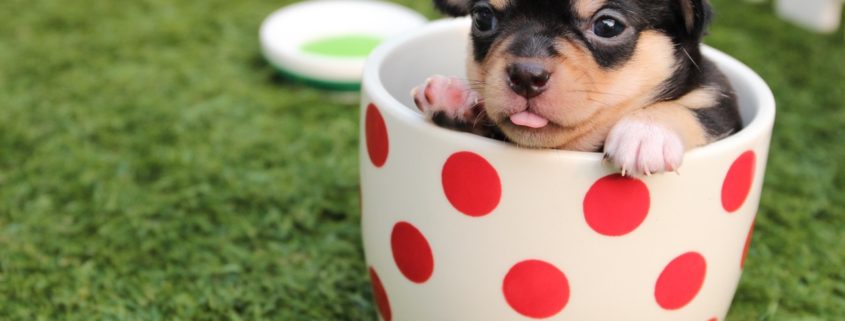Are dogs’ mouths cleaner than humans’?
If you’ve ever witnessed a person enjoying a sloppy, wet dog kiss and recoiled ever so slightly, you’ve probably heard the follow up justification when they see your reaction: “you know, a dog’s mouth really is cleaner than a human’s.”
No matter how much we love our pups, it’s not uncommon for us to hesitate to go nose to nose with the tongue we’ve seen in action. We’re talking trash cans, dirt, dead animals, you get the picture. So why is it that people cling so tightly to this idea that a dog’s mouth is somehow populated by fewer germs than a human’s? Is there any truth to that?
Yes and No…
Our K9 friends unfortunately house just as many germs and colonies of bacteria as we do in our mouths, but theirs are different and sometimes pose less of a threat. According to Colin Harvey who teaches surgery and dentistry at the University of Pennsylvania’s School of Veterinary Medicine, “it’s like apples and oranges.” The truth of the matter is that dogs have tons and tons of tiny microbes living in their mouths, but they are completely different than the ones in human mouths.
This means that even when we do indulge in a bath of puppy kisses, the risk of the dog transferring some harmful germ to us is lower than if we were to engage in the same behavior with a human. For example, if you had a strep or staph infection, you wouldn’t pose a risk to your dog like you might to your family and friends. This is because many germs and diseases are “species specific” and pose a risk only to those in a specific group. However, that is not to say that dogs can’t transmit any harmful germs to you, they’re just less likely to do so than another human (file that one away somewhere).
So where does the myth come from?
According to Marty Becker, veterinarian and author of “Chicken Soup for the Dog Owner’s Soul,” the misunderstanding most likely comes from years of observing dogs do a very strange thing with fantastic results – licking wounds. As you’ve probably seen before, dogs lick their wounds, and they tend to heal quickly and without issue. Instead of infecting the wound further, the licking motion actually works to remove the dead tissue and clean the wound rather than aggravate it further. The motion additionally stimulates blood flow to the area, further speeding up recovery. It is not because their mouths are as germless or especially hygienic.
So now what?
Turns out that our loyal companions aren’t as squeaky clean as our gullible friends would like to believe, but dog lovers, never fear. You can still get down on the floor and enjoy as many wet kisses as you so choose, but just do so after your furry friend has gotten all necessary vaccinations and parasite controls. And maybe double check that your trash can is safely out of reach.



